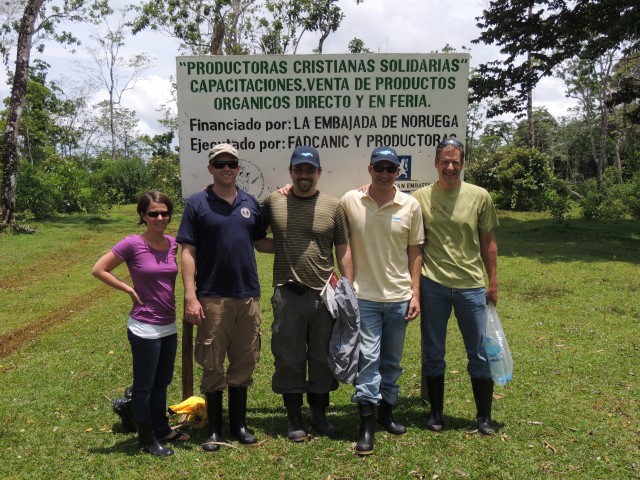A video abstract for the paper is available here.
The global carbon emissions budget over the next decades depends critically on the choices made by fast-growing emerging economies. Few studies exist, however, that develop country-specific energy system integration insights that can inform emerging economies in this decision-making process. High spatial- and temporal-resolution power system planning is central to evaluating decarbonization scenarios, but obtaining the required data and models can be cost prohibitive, especially for researchers in low, lower-middle income economies. Here, we use Nicaragua as a case study to highlight the importance of high-resolution open access data and modeling platforms to evaluate fuel-switching strategies and their resulting cost of power under realistic technology, policy, and cost scenarios (2014–2030). Our results suggest that Nicaragua could cost-effectively achieve a low-carbon grid (≥80%, based on non-large hydro renewable energy generation) by 2030 while also pursuing multiple development objectives. Regional cooperation (balancing) enables the highest wind and solar generation (18% and 3% by 2030, respectively), at the least cost (US$127 MWh−1). Potentially risky resources (geothermal and hydropower) raise system costs but do not significantly hinder decarbonization. Oil price sensitivity scenarios suggest renewable energy to be a more cost-effective long-term investment than fuel oil, even under the assumption of prevailing cheap oil prices. Nicaragua’s options illustrate the opportunities and challenges of power system decarbonization for emerging economies, and the key role that open access data and modeling platforms can play in helping develop low-carbon transition pathways.
